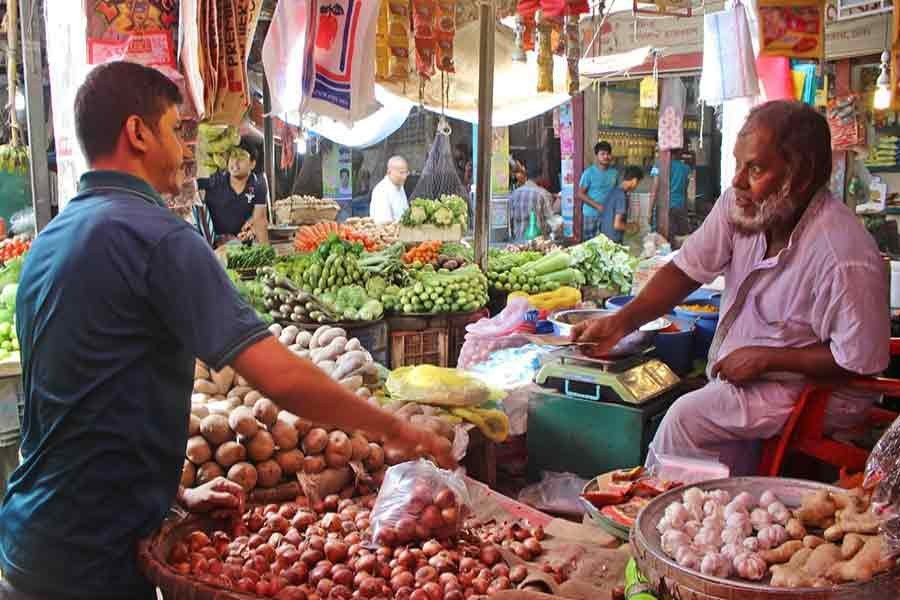Price volatility of essential commodities is a perennially vexing issue for the common consumers of Bangladesh. Especially, before major religious festivals the prices skyrocket. The government often resorts to fixing prices or open market sale (OMS) of essential commodities to offset abnormal price hikes. Such government interventions in the essential commodities market work, if at all, for a short term. Against the backdrop of recent spikes in the edible oil and sugar prices, the government is learnt to have tasked a body under the Bangladesh Trade and Tariff Commission (BTTC) to come up with a methodology to monitor and control the prices of essentials. In the light of the 2011's experience from sugar and edible oil, the said body will essentially make recommendations to the national price monitoring and fixing committee under the BTTC. The price control methodology or tool so envisaged will be formulated based on a review of the costs, prices, duties imposed and profit margins and so on involved at the various levels including production, transportation, processing, milling and packaging of some 17 imported essential items.
No doubt, the government move so made to tame the essential commodities market is well-intentioned. In fact, the less privileged section of society suffers most when the prices of bare necessities of life like the essential goods go wild. So, the government has a responsibility to see that prices of daily necessaries remain affordable to the common people. The pre-Ramadan market is a case in point. But what is the best way to address this persistent problem? Experience has it that past attempts at controlling prices through bureaucratic means, as in the present case, by forming price monitoring committees brought, if anything, limited results. Oftentimes, such measures failed to work. Commodities markets, essential goods included, can be best managed when one knows the actual trends of their (of the goods) demand and supply. To have any influence on the market, the government will be required to regulate the supply of the commodities in the wholesale market. That would involve accessing data on the crops to be harvested, expected surpluses and shortages and based on that import requirements of specific commodities can be planned. A closer watch on the wholesale market of the commodities in question through monitoring financial transactions is an important way of tracking movement of the commodities. The invoices that the transactions generate provide useful insights into the nature and pattern of the payments made. In a digitised transaction regime, the ups and downs of prices in the wholesale market can thus be easily monitored. A global view of the market situation of the essential commodities of interest across the entire country can be obtained. The modern digital technology is advanced enough to perform the task. If necessary, artificial intelligence (AI) can be used to process, analyse and make predictions over future demand-supply trends.
In fact, it is the lack of adequate information about the supply and demand situations that lies behind limited or no impact of traditional price control measures. The necessary infrastructure to collect and analyse the enormous volumes of data generated throughout a particular season or year can tell in advance the future supply and demand prospects. Also, the creation of a digitised infrastructure to monitor the market is very much within the capacity of the government. What is necessary is to make it mandatory that all transactions in wholesale markets are done electronically.


